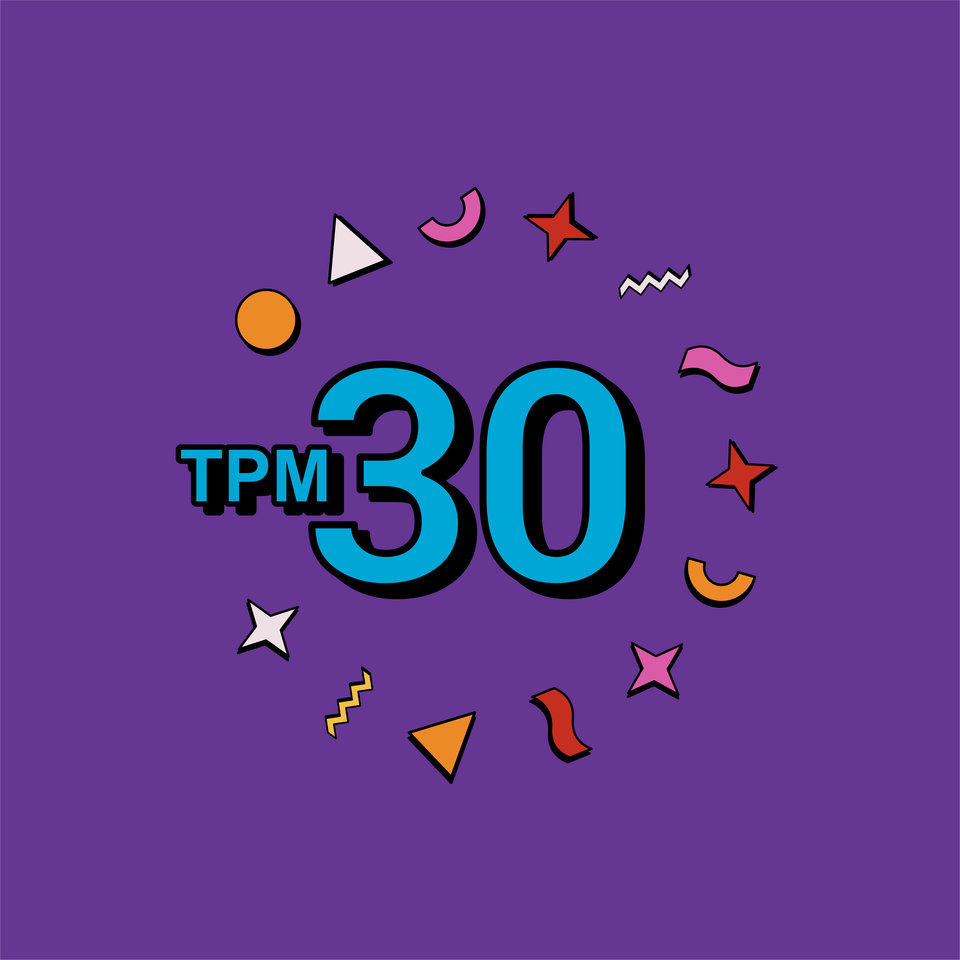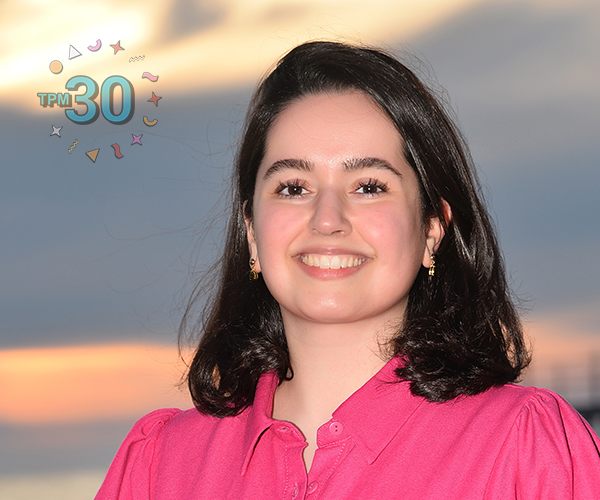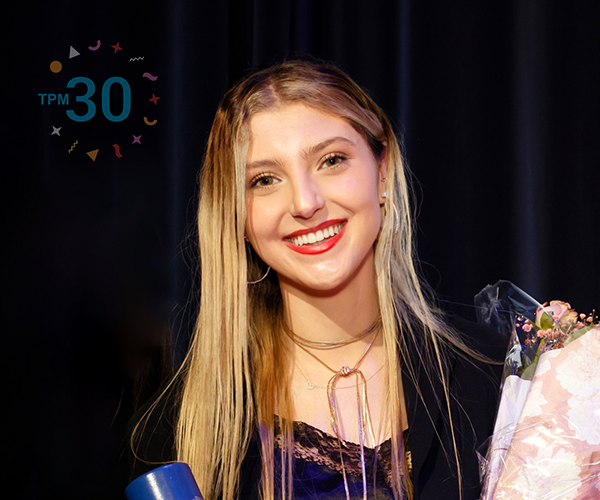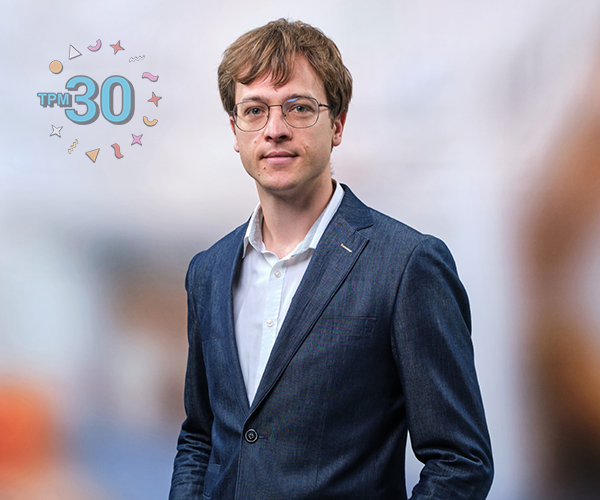TPM Portraits: Sabine Roeser
Philosophy has nothing to do with engineering? Professor of Ethics Sabine Roeser could not disagree more. For more than twenty years, she has been working at TPM to put the role of emotions in decision-making about the development of risky technologies centre stage. In the past decade, she has also been involving art in her research. "Philosophy and art encourage you to consider complex social and technological issues in a different way."
Are you looking for a social and scientific challenge? "Yes!" was Sabine Roeser's answer when she read the advertisement for the vacancy of assistant professor in Ethics and Engineering at TU Delft 22 years ago. "I was in the final year of my doctoral research in the philosophical foundations of ethics at VU Amsterdam at the time. There were not too many jobs going around in that field. So, I was very pleased when I was hired at TPM."
Proving the contrary
In those days, Ethics and Engineering was still a pioneering field, according to Roeser. "I had colleagues in the field of philosophy saying that reflecting on technology was not proper philosophy. It made me defiant. When someone tells me something is not possible, I want to prove the contrary. To me, linking philosophical issues to social issues in engineering was a wonderful challenge."
At the same time, Roeser still needed to prove herself as a philosopher in the engineering world. "When delivering my first lectures, I sometimes got the feeling that students thought: philosophy is vague. And so I needed to explain very clearly why this was not the case, and how important ethics is. What really helped was that there was plenty of support and interest in philosophy in engineering education from the Executive Board of TU Delft."
TPM felt like coming home
Although Roeser did not study engineering, her job at TPM felt like coming home. "My family has a science background. On my father's side, they are all engineers and on my mother's side, most family members are medical doctors. When I started working in Delft, I also began to understand my family better. Before then, I always felt like the odd one out, what with being an artist, political scientist and philosopher."
Nevertheless, Roeser is not exactly untechnical either, she emphasises. "In secondary school, I had a STEM profile, and during my studies in philosophy and political science I specialised in formal logic, among other things. Having affinity with STEM was, in fact, one of the requirements for the job. You do need to have some knowledge about the subject matter to be able to communicate with engineering colleagues and students. Otherwise, linking ethics and technology becomes very difficult."
The role of emotions in engineering decision-making
At TU Delft, Roeser works on the role of emotions in decision-making about risky technologies. "Traditionally, emotion and reason are often considered as two opposites, the idea being that emotion is a poor counsellor and that reason should be leading. Whereas in my research, I argue that emotions are a source of knowledge that can help us make moral judgements about technology."
Roeser cites the discussion about nuclear power as an example. "Although statistics may indicate that nuclear power is safe, many people are still concerned about nuclear power. These feelings can point to important moral values that have not been considered in formal risk assessments, such as justice and voluntariness. Another example is the Dutch childcare benefits scandal. The childcare benefits system seemed very rational, and it was based on AI and algorithms. However, it was founded on all manner of problematic value laden assumptions that ultimately led to a large number of people being disadvantaged. Emotions such as a sense of justice, empathy and compassion can point us to important moral aspects that are missing from this type of formal models."
Technology is not morally neutral
According to Roeser, emotions help us consider risk in a more layered manner. "Technology has an awful lot to offer us. But ultimately, we humans are still the ones who have feelings, consciousness, empathy, and a sense of right and wrong and justice. This means that ethical reflection is indispensable when it comes to technology development."
Roeser tries to instil this when teaching her students. "Not in a steering way, but by letting them come to that understanding themselves. Students sometimes tend to put too much faith in technology. I try to let them experience the limitations, and the fact that in engineering not all assumptions are morally neutral, such as underlying racist assumptions in an AI system."
Background as an artist
Another way in which Roeser tries to bring emotions and technology closer together is through art. "Before studying philosophy, I went through art school. Art has much in common with philosophy. Both fields encourage people to consider things in a critical, reflective way."
In 2014, during a concert by her piano teacher – who is also a mathematician – she had a brainwave. "It was then that I realised that my art background could also be crucial to my philosophy work. I knew that research was already underway into artists who worked with technology. Building on that, I was able to link to my research with risk and moral emotions. Art can be a fabulous tool to make the moral aspects of technology more tangible, and in doing so contribute to ethical reflection."
Art can appeal to emotions
Roeser considers the rich layering of art, in particular, an added value in her field. "Art can appeal to our emotions and as such, it can really touch us. An example: some artists use technology to create and then melt large blocks of ice to call attention to melting polar ice caps due to anthropogenic climate change. This type of art makes people experience the problem differently than they would with dry numbers."
Although Roeser initially encountered some scepticism, she finds that her interest in techno-art – as she calls it – is now widely shared. "More and more colleagues appear to be working on these types of issues. It is wonderful to see that our Gravity programme now has its own art track. I have been working for almost a decade to put this topic on the map and now it's properly gaining momentum. I look forward to making this even more important."
Involved in the new integrity policy
Within TU Delft, Roeser has also been involved in revising the integrity policy as an ethicist. "I started out by chairing a committee to review whether the policies that were in place at the time were still suitable. Based on that analysis, we worked with a committee and a consultation across the entire TU to develop a thorough inventory of things that could be improved. This process resulted in the Vision on Integrity."
One of the recommendations to the Rector was to appoint an Integrity Officer. Roeser: "I hadn't thought of myself for this role at all, but when the Rector asked if I wanted to take on the position, I thought: why not indeed. We set up working groups to develop and implement the plans in the Vision document. I personally managed the working group that drafted the new Code of Conduct. What I enjoyed about those processes was that we designed them to be very participatory and inclusive, in line with all manner of participatory decision-making methods that are crucial here at TPM. Meanwhile, Ibo van de Poel has taken over from me as the Integrity Officer."
Ethics and engineering are now a common combination
Over the past few decades Roeser has seen the faculty grow markedly. The student population and the population of scholars have become very international and diverse in the process. "The critical mass has increased, allowing us to branch out more and do deep and ground-breaking research. This is being noticed abroad as well, which I think is brilliant. Moreover, we are looking at a broad range of technological issues, for example, in the context of AI, the energy transition, climate and health. These are urgent examples of topics that come with ethical issues."
Roeser notes that attitudes toward her field have very much changed over the years. "Twenty years ago, there were only ten of us. Now the philosophy section consists of dozens of (associate and assistant) professors, lecturers, doctoral students and post-doctoral researchers. Philosophy groups have also seen significant growth at other technical universities in the Netherlands, and many 'mainstream' philosophy groups are now also conducting research on the ethical aspects of AI in particular. People have gone from considering this ‘a weird field’ to finding it perfectly natural to include ethics in engineering issues. I think it is wonderful that we have been able to contribute to that change with our Section."
TPM Portraits
In the "TPM Portraits" series, we speak to TPM members right across the faculty. In celebration of TPM's 30th anniversary we have had personal conversations with people who are ( or have been) all part of the TPM community in their own way. What have they experienced within the faculty? What is TPM to them today? And how do they see the future? A new portrait appears every two weeks.





